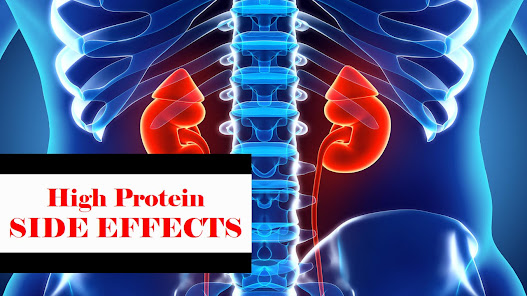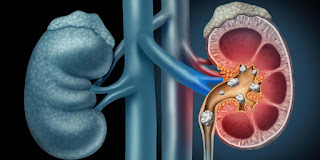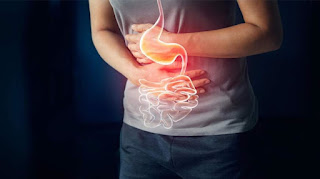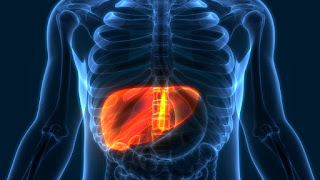As you know protein is very essential nutrient for us and also the building blocks of the tissue and also serve as fuel source, one gram of protein provides 4 kcal same as carbohydrates.
Protein is very important for muscle development, recovery, good for your bone, reduces craving, increases the muscle mass and strength, increase fat burn, improve metabolism and so on.
According to health experts a sedentary adult should consume 0.8 grams of protein per kilogram of body weight, and the one who engage in physical activity should consume 1.8 grams of protein per body kilogram for better muscle development and recovery. but if you consume more than the limit then it can show some side effects as well, this article shows you high protein side effect.
Related article: Do we really need of protein supplement or powder
1. Kidney Problem
Excessive consumption of protein can cause kidney problem, intake of too much protein can accumulate the waste in your blood and your kidneys may not be able to remove that extra waste that can hamper your kidney's regular function.
Related article: Whey protein VS Soy protein : Which one is for you?
>> Protein food for after workout
2. GI problem
Excessive intake of protein may cause digestion problem because intake of too much whey protein can kill good bacteria that may cause stomach pain, constipation and gas.
Related article: What's the right way to consume whey protein with milk or with water : Take protein with milk or water
3. Heart problem
A study of 2018 from researchers at the University of Eastern Finland found have been found that higher protein intake was marginally associated with increased risk of Heart failure.
Another study of 2020 has shown that High-protein diets increase cardiovascular risk.
Related article: How protein helps in muscle gain ?
4. Liver problem
A study of 2019 has been shown that intake of high protein diet maximize the risk of developing hepatic encephalopathy for many liver disease patients.
Another study of 2017 has been show that long-term intake of a high-protein diet increases liver triacylglycerol deposition pathways and hepatic signs of injury in rat.
Related article: Symptoms that may be signal of low protein

















0 Comments